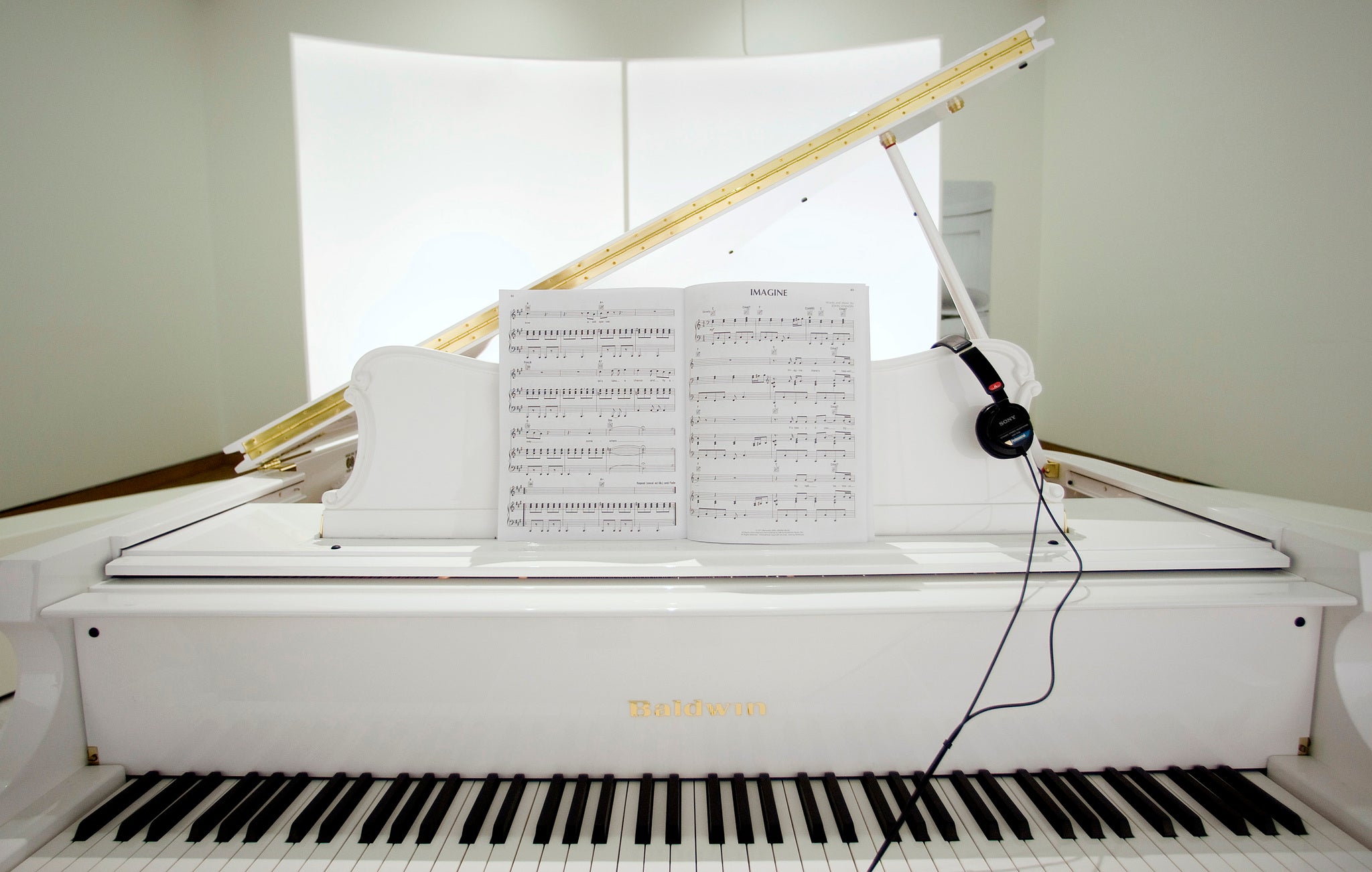Learning absolute pitch could be as easy as swallowing a pill
A Harvard University professor has used an epilepsy drug to reawaken a period of brain plasticity previously only seen in children

Absolute pitch – the ability to identify any musical note you hear – is a rare ability, one thought to be possessed by around one in 10,000 of us. Michael Jackson had it and so did Ella Fitzgerald, but what if anyone could learn this talent?
Research has suggested that the time window in which individuals can acquire absolute pitch – known as the “critical period” – is extremely limited and if the skill is not taught before the age of seven then it will be impossible to learn in later life.
However, a Harvard University professor of molecular and cellular biology named Takao Hensch has claimed that he can teach adults absolute pitch by giving them a pill that reawakens the capacity for learning displayed by children.
Dr. Hensch describes his work in the neuroscience journal Frontiers, detailing how test subjects with no musical training were given the epilepsy drug valproate and then trained and tested on their ability to discriminate tones. The group showed a greater response to the training than normally expected.
"It's quite remarkable since there are no known reports of adults acquiring absolute pitch," Dr. Hensch told NPR’s Linda Wertheimer.
He also noted that whilst it’s thought that there may be some element of genetics in deciding who can learn absolute pitch the key factor is “early life experience”.
The research is remarkable as it opens up the possibility of other skills such as languages being picked up with greater ease in old age.
“I think we’re getting closer to this day, because we are able to understand in greater cellular detail how the brain develops throughout development,” said Dr Hensch.
“But I should caution that critical periods have evolved for a reason and it is a process one would probably not want to tamper with for carelessly.”
He continued by noting that our identities – “acquiring language, culture, identity” – are shaped during these critical periods and reopening them could be dangerous, perhaps even leading to the erasure of what we’ve learnt and who we are.
Join our commenting forum
Join thought-provoking conversations, follow other Independent readers and see their replies
Comments
Bookmark popover
Removed from bookmarks